Radish – Benefits, Nutrition Value, and Recipes

Alpa Momaya
June 30, 2022

Alpa Momaya
June 30, 2022
Radishes are not exactly the most popular vegetables around, but they are one of the healthiest. Radishes are often used in the culinary world and add a pungent, peppery element to dishes.
The vegetables also contains an array of vitamins, minerals and nutritional compounds that can positively affect your health.
There are many different types of radishes: black radish, daikon radish, horseradish, watermelon radish, and round radish. Radishes can be prepared in many different ways, they can be pickled, used in sandwiches, roasted as part of a vegetable medley or added to casseroles for a pungent crunch. One of the most popular ways to eat radishes is to slice them and eat them in a salad.
The reason why radishes taste so pungent and spicy is because they are high in nutrients. Radishes have excellent nutritional value compared to other vegetables like bitter gourd and leafy greens which are packed with nutrients.
Radishes are also used to treat illnesses such as sore throat, bile disorders and inflammation in Ayurveda and Traditional Chinese Medicine.
Here is the nutritional profile of 1 cup of raw, sliced radishes (116 grams)
Radishes have an abundance of vitamins and minerals. These vitamins and minerals include:
Folate: Also known as a B vitamin, it synthesizes white/red blood cells in bone marrow and is essential for the process of creating DNA and RNA.
Potassium: This mineral regulates and keeps fluids of the body in balance. It also supports electrical activity of the heart and the function of the entire nervous system.
Vitamin C: Vitamin C is involved with many important functions in the body and can help with the formation of collagen and the strengthening of blood vessel walls.
Vitamin B6: A water soluble vitamin, also known as pyridoxine, is needed for numerous enzyme reactions in the body, mainly metabolism.
The nutritional profile of radishes is very diverse and offers a wide scope of nutrients that can have a profound effect on health. From folate to sulfur compounds, radishes target many different aspects of the body and can contribute positively to a healthy system, inside and out.
Here are some of the top ways radishes can benefit your health:
Radish contains glucosinolates, which are sulfur-containing compounds found in cruciferous vegetables.
These compounds protect your cells from the genetic mutations that can cause cancer. They may also help eliminate cells that have the potential to grow into cancerous cells in the future.
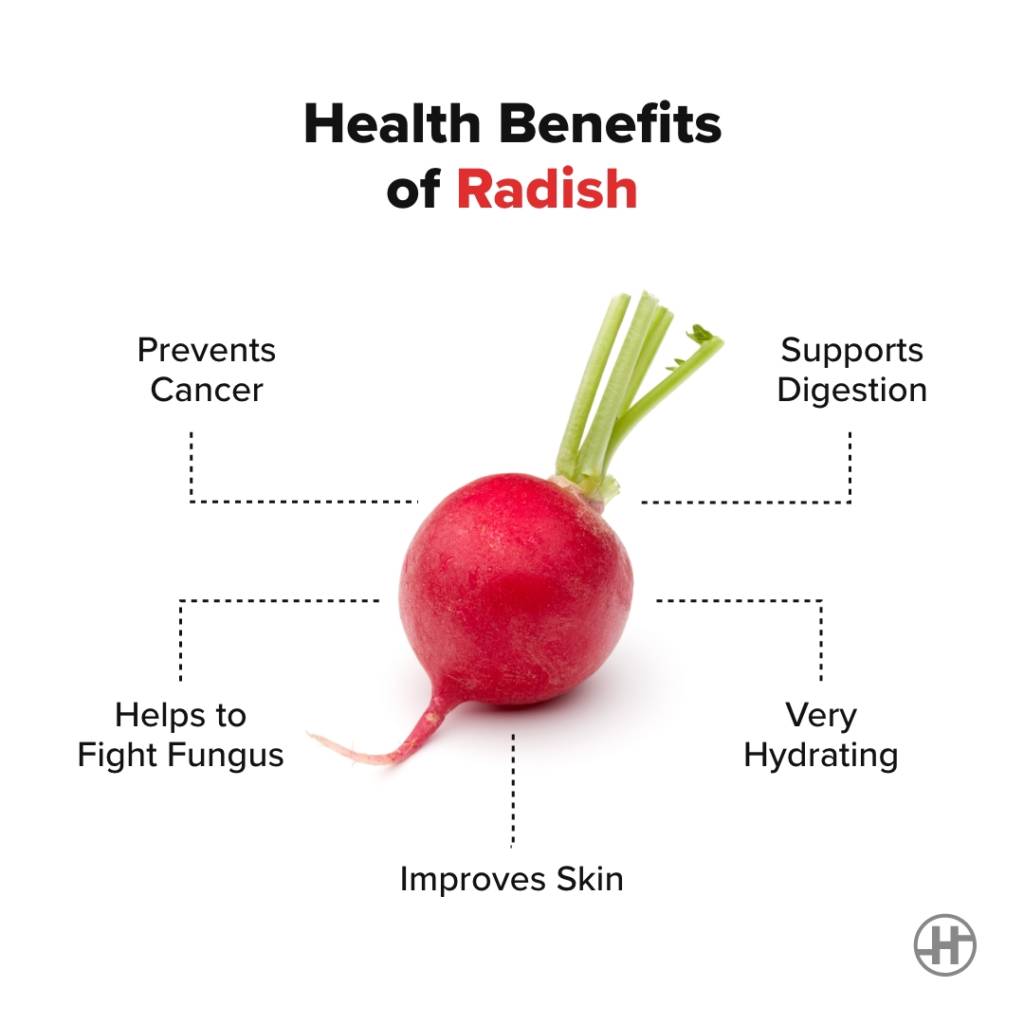

Eating enough fibre each day (25 g for a woman, and 30-38 g for a man) can prevent constipation, acid reflux and digestive disorders such as irritable bowel syndrome. Radishes contain a good amount of fibre at 1.9 g per 116 g of vegetables. Consuming a serving of radishes each day will provide the fibre you need to ensure a fully functioning digestive system.
A study showed that consuming the leaves of radishes made a positive impact on digestion. Radishes may also help gastric ulcers by reinforcing the stomach lining and protecting other tissues in the gut.
Candida albicans is one of the most common fungi found in the human body. It’s also one of the hardest to fight off. An overgrowth of Candida albicans can cause vaginal infections and oral infections. Radish contains an antifungal compound, RsAFP2 that has been proven effective against strains of Candida bacteria.
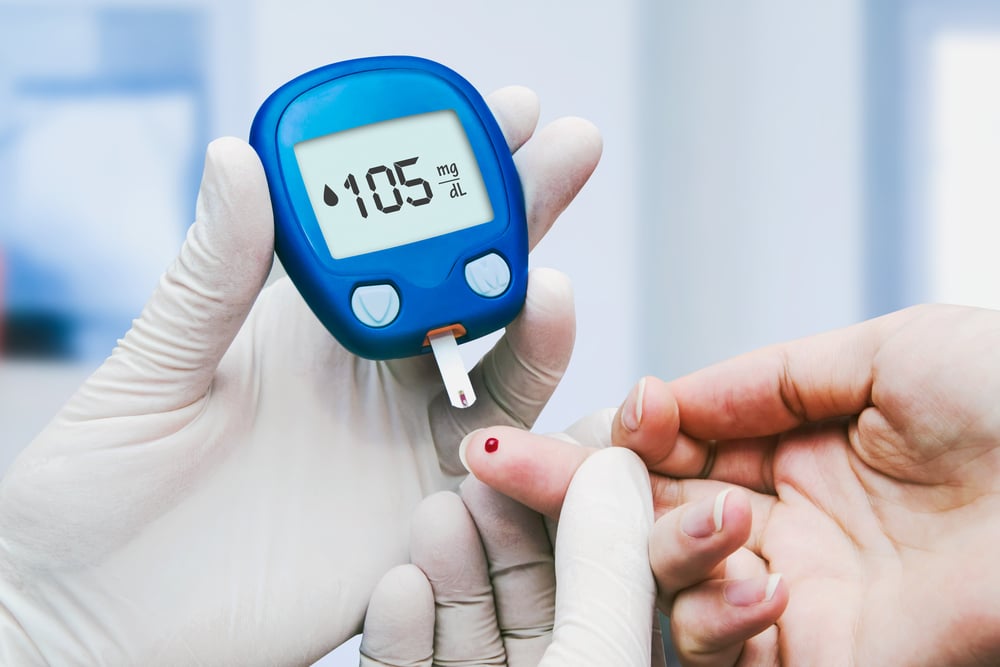
If you have prediabetes or have blood sugar issues, consuming radish can help regulate blood sugar and prevent the on-set of diabetes type 2.
This vegetable contains anti-diabetic properties that can enhance immune system function, improve glucose uptake and lower blood sugar.
A study showed that radishes directly improve insulin response and glucose metabolism.
Adiponectin is a hormone that is involved in the reduction of glucose levels in the blood. Radishes contain compounds that regulate adiponectin and other hormones that play a role in regulating glucose homeostasis.

Not only is radish extremely hydrating, but the vegetable also contains high levels of vitamin C, a vitamin known to be very beneficial for the skin. Vitamin C improves elasticity of the skin by helping to form collagen, a nutrient that makes up the structure of the skin, bones and other connective tissue.
In addition to that, it fights against free radicals and provides a boost of UV protection for the skin. The folate in radishes reduces oxidative damage and the vitamin B6 can reduce stress that prevent breakouts and premature aging.
Staying hydrated is important to keep your body functioning optimally. A lack of hydration can cause poor skin appearance, headaches, frequent illness, and sugar cravings. Radishes have a very high water content, 93.5 g per every 100 g! That’s almost on par with a cucumber which is 95.2 g per 100 g.
Incorporating radishes into your everyday meals along with drinking the recommended amount of water per day will ensure you’re getting the hydration you need.
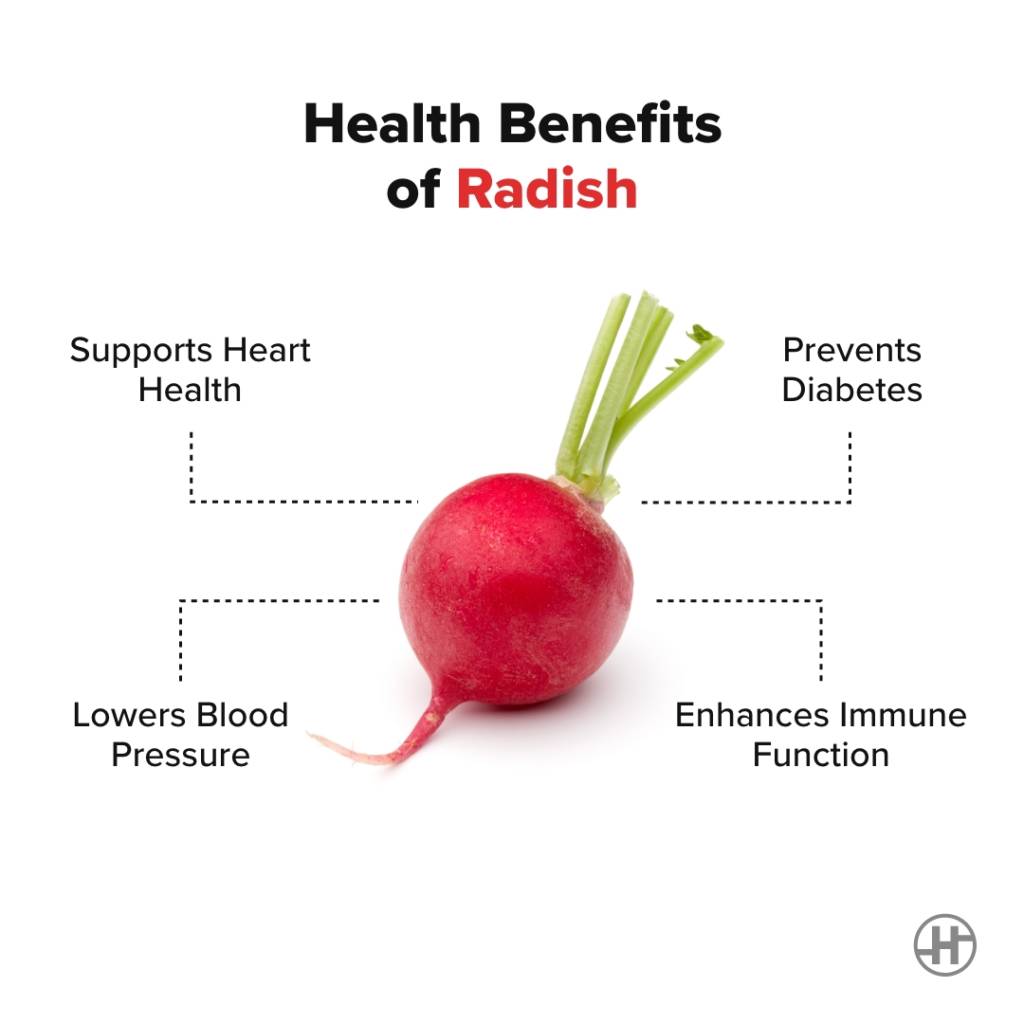

Anthocyanins are a type of flavonoid with antioxidant effects that can be particularly helpful in supporting heart health.
Anthocyanins are present in radishes, which give round radishes their red color. Foods high in anthocyanins, like radishes have been linked to a lower risk of cardiovascular disease. These foods also have an effect on cholesterol levels, triglyceride levels and blood pressure.
Potassium has regulating properties that can balance out fluids in the body. Potassium has a very positive effect on blood pressure and can effectively bring the blood pressure down to a normal level through the function of the kidneys.
Radishes contain moderately high levels of potassium and can help in balancing blood pressure for those with hypertension. In addition to this, radishes, through the synthesis of collagen can strengthen the blood vessel walls and lower the risk of atherosclerosis.

The vitamin C in radishes can improve the skin, but is also a vital nutrient in supporting the immune system and for tissue growth and repair.
Vitamin C is a powerful antioxidant that can help ward away illnesses such as the flu or the common cold. It can also prevent more serious diseases such as heart disease and certain types of cancers.
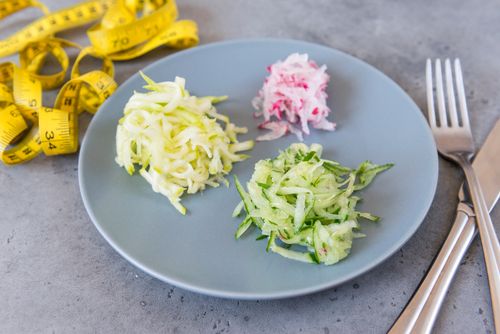
Radishes are high in water and fibre and low in fat and calories. Naturally, radish is the perfect weight loss food. Radishes are extremely low in calories at 19 calories for every 1 cup. Incorporating a bowl of radish with your meals can reduce total calories and help in weight loss.
Radishes contain 1.9g of fibre every 1 cup and can be a beneficial addition to your weight loss diet.
The glycemic index of a food indicates how it affects blood glucose levels. The lower the index number, the slower the food is digested and the slower the rise in blood sugar levels. Eating high glycemic foods may cause the body to store more fat.
Radishes have a very low glycemic index, meaning that it will have little effect on blood glucose levels and will support weight loss. Radishes aren’t known to be a popular meal staple, but there are many different types of radishes that can be delicious if prepared the right way. Here are some recipes featuring the radish:
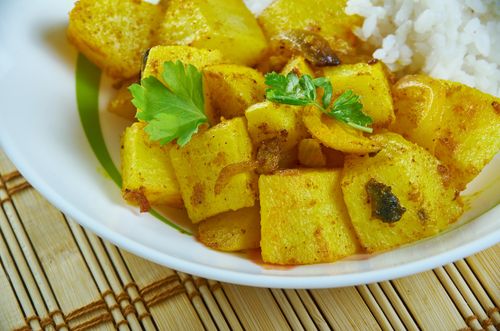
This dish is a South Indian curry using mooli radishes. Mooli radishes are quite large and are also known as a “Daikon” radish. They have a crisp texture and a mild flavor and can be cooked or eaten raw.
This dish uses radish leaves. The leaves of the radish are extremely healthy, like any green leafy vegetable and taste peppery, similar to arugula.
Radishes are not commonly a diet staple, however they have an impressive nutritional profile. The vegetable contains nutrients such as potassium, vitamin C, folate and many antioxidants that contribute positively to a healthy body.
Radishes contain compounds and nutrients that have been proven to be helpful for conditions such as fungal infections, diabetes, high blood pressure, heart disease, digestive disorders, and certain types of cancers.
Furthermore, radishes are low in calories and fat and are high in water content and fibre. Because of this, they are especially effective when incorporated into a weight loss diet.
Radishes lend a unique peppery, pungent taste that can be incorporated into many different kinds of dishes from curries, to salads, to pickles for sandwiches! Radishes may not be your usual go-to vegetable, but the benefits speak for themselves, so do try it out!


Hello Thanks for your information , shared i will adding this tips to take care of my health . Kindly suggest me for calcium deficiency , which vegetable can be added as i knee problem is due to weight and i walk a lot due to which i may be facing this problem .kindly suggest me .
Thanks for sharing the useful information. .
Thank you for your valuable knowledge sharing I will try it from today only
Hi Promod, we really appreciate you taking the time out to share your experience with us. Thank you so much for your kind words.
Thank you, The mullangi looks delicious! I’ll Definitely try it =) I’ve been using Radish on most of my meals for around two years and worked amazing for my diabetes.
Hi Mary, We really appreciate you taking the time out to share your experience with us. Thank you so much for your kind words.